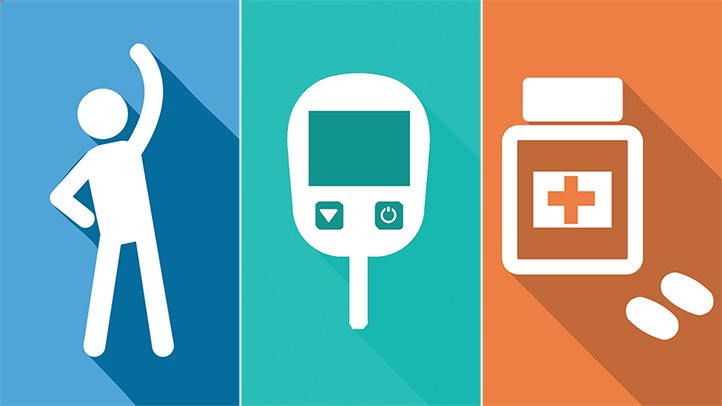
Diabetes is one of the leading causes of kidney disease. High blood sugar levels can damage the kidneys over time, leading to a condition known as diabetic nephropathy. If left untreated, this can result in kidney failure.
How Diabetes Affects the Kidneys:
High Blood Sugar Damage: Excess glucose can harm the small blood vessels in the kidneys, reducing their ability to filter waste properly.
High Blood Pressure: Many people with diabetes also have hypertension, which puts extra strain on the kidneys.
Protein Leakage (Albuminuria): Damaged kidneys may allow protein to leak into the urine, a sign of kidney disease.
Symptoms of Kidney Disease in Diabetes:
Swelling in the legs, feet, or face.
Fatigue and weakness.
Increased need to urinate, especially at night.
Loss of appetite and nausea.
How to Protect Kidney Health:
Keep blood sugar and blood pressure levels under control.
Stay hydrated and limit salt intake.
Avoid excessive use of pain relievers that can harm the kidneys.
Get regular kidney function tests to detect issues early.
Early detection and proper diabetes management can help prevent kidney disease and maintain overall health.